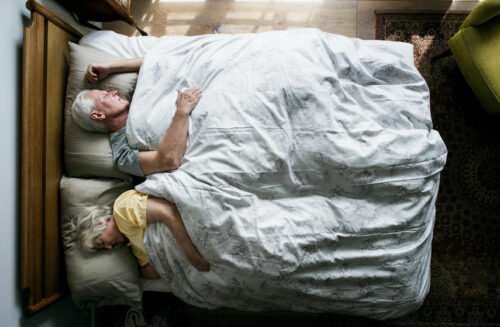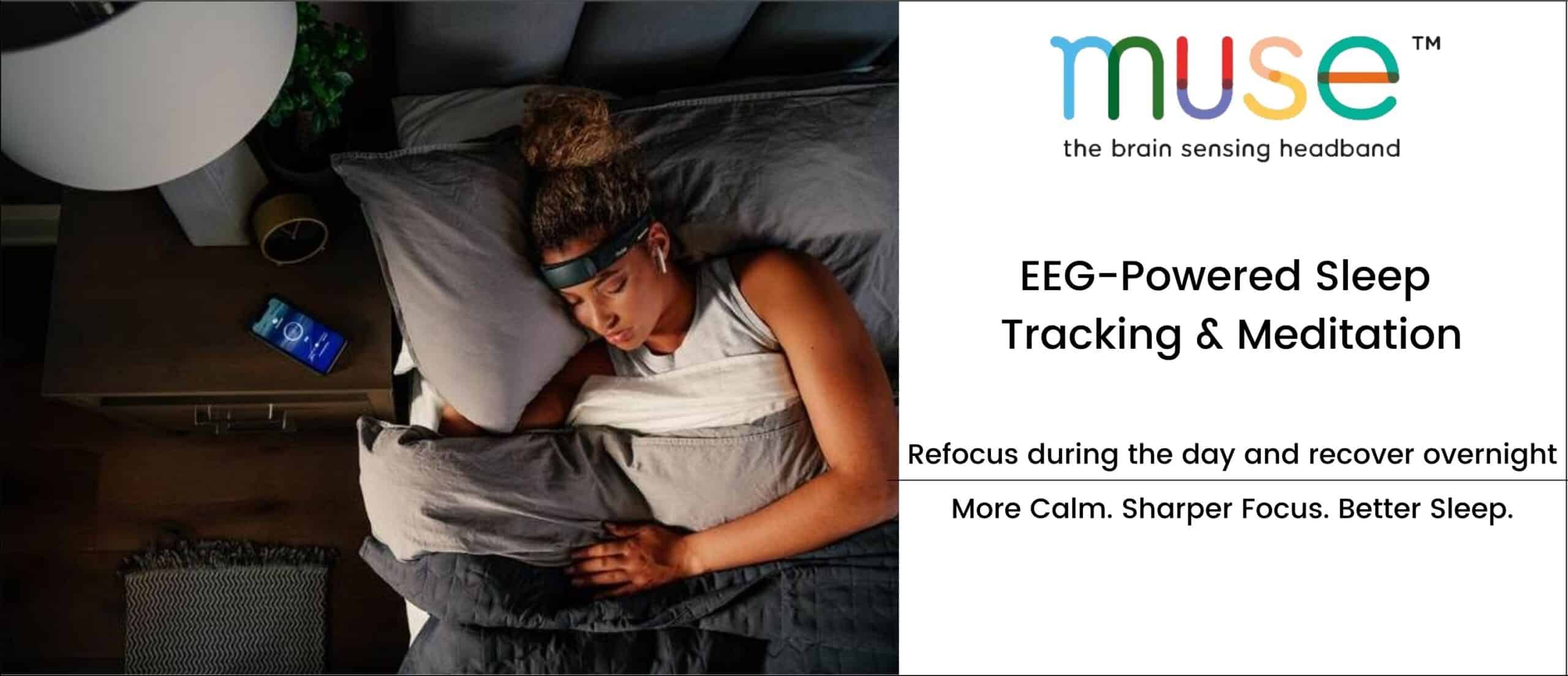By John Salak –
The importance of getting a good night’s sleep has been flagged by doctors for decades. Now, however, a growing list of researchers are identifying specific health risks that come from getting too little sleep time, which is significant because the average American gets less than the recommended amount and up to 70 million adults are affected by sleep disorders.
The University College of London is the latest to warn of the risks involved, noting its new study found that adults who sleep less than five hours a night during mid-to-late life are at greater risk of contracting two chronic diseases compared to those who snooze more.
The university’s findings came after analyzing the impact of sleep duration on more than 7,000 men and women at the ages of 50, 60 and 70. The researchers specifically looked at the relationship between sleep length and a participant’s mortality and whether over 25 years they had been diagnosed with two or more chronic diseases (multimorbidity), such as heart disease, cancer or diabetes.
The research found that the negative impact of getting less than five hours of sleep also grew with age. Those aged 50, for example. were 20 percent more likely to have been diagnosed with a chronic disease and 40 percent more likely to be diagnosed with two or more chronic diseases compared to people who slept at least seven hours.
Those sleep-deprived individuals 50, 60 and 70 years old saw their multimorbidity rates reach 30 to 40 percent compare to others.
Mortality rates also increase for those sleeping less with those 50 years old and above witnessing a 25 percent increase in the risk of mortality over the 25 years of follow-up.
The risks are not only serious, but they are also growing, making sleep deprivation a global health crisis, the British team reported.
“Multimorbidity is on the rise in high-income countries and more than half of older adults now have at least two chronic diseases. This is proving to be a major challenge for public health, as multimorbidity is associated with high healthcare service use, hospitalizations and disability,” explained lead author, Dr. Severine Sabia. “As people get older, their sleep habits and sleep structure change. However, it is recommended to sleep for 7 to 8 hours a night—as sleep durations above or below this have previously been associated with individual chronic diseases.”
The British study wasn’t the only sleep-related warning issued of late. Researchers out of Madrid warn that those getting less than six hours of sleep a night see an increased risk of cardiovascular disease compared with those who sleep between seven and eight hours. Poor sleep ultimately raises the chance of atherosclerosis, which is a plaque buildup in the arteries, they reported.
“Cardiovascular disease is a major global problem, and we are preventing and treating it using several approaches, including pharmaceuticals, physical activity and diet. But this study emphasizes we have to include sleep as one of the weapons we use to fight heart disease—a factor we are compromising every day,” said José M. Ordovás, the senior study author. “This is the first study to show that objectively measured sleep is independently associated with atherosclerosis throughout the body, not just in the heart.”
Another warning came out of Boston last year when Brigham and Women’s Hospital reported that older adults double their risk of getting dementia by sleeping less than five hours a night compared to those who sleep seven-to-eight hours daily. The study also echoed the British study in noting those sleeping less are likely to increase their risk of death.
“Our findings illuminate a connection between sleep deficiency and risk of dementia and confirm the importance of efforts to help older individuals obtain sufficient sleep each night,” reported lead author, Rebecca Robbins.
The negative impact of getting too little sleep isn’t limited to older adults. The University of Maryland School of Medicine, for example, found that elementary school children who get less than nine hours of sleep daily can experience significant differences in memory, intelligence and well-being compared to children getting nine-to-12 hours of sleep every day.
These differences also correlated with limited sleepers having greater mental health problems, like depression, anxiety and impulsive behaviors. Inadequate sleep was also linked to cognitive difficulties with memory, problem-solving and decision-making, the university’s study found.
“We found that children who had insufficient sleep, less than nine hours per night, at the beginning of the study had less grey matter or smaller volume in certain areas of the brain responsible for attention, memory and inhibition control compared to those with healthy sleep habits,” reported Ze Wang, the study’s corresponding author. “These differences persisted after two years, a concerning finding that suggests long-term harm for those who do not get enough sleep.”
The American Academy of Sleep Medicine, not surprisingly, recommends that children aged 6-to-12 years of age sleep 9-to-12 hours per night on a regular basis to promote optimal health.
More sleep for everyone is not only a good idea but a healthy one.













